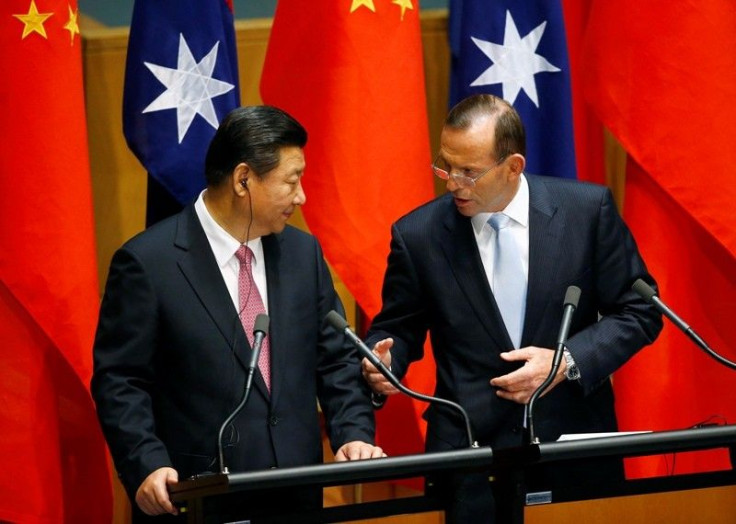Australian industry seeks speedy China FTA deal: To launch advertisement campaign

Amidst the resistance put up by labour unions against the Australia-China FTA, many industry groups are planning an advertising blitz to push the Federal parliament to ratify the free trade agreement with China by the end of the year.
The campaign will be led by National Farmers' Federation, the Minerals Council of Australia and the Australian Chamber of Commerce and Industry. They are concerned that delay in ratifying the FTA deal by parliament will deprive the Australian business many new jobs and export opportunities.
Good deal
The campaign will focus mainly on the economic sectors of farming, mining, energy and small business and will try to convince Australians that the trade deal is fine for Australia.
Blaming the critics, ACCI chief executive Kate Carnell said they are creating fear psychosis that the FTA will lead to a flood of unqualified Chinese workers.
“Their scaremongering is damaging to Australia's interests and our relationship with China, a key trading partner. Many Australian small businesses are exploring export opportunities and China has enormous potential as a destination, so it is vital we make it as easy as possible for them,” she said.
Minerals Council of Australia chief executive Brendan Pearson also said it looks "unthinkable" that the parliament will delay the elimination of six percent tariff on China-Australia bilateral trade.
Julie Bishop’s view
Meanwhile Foreign Minister Julie Bishop rejected the campaign against the China FTA and said the agreement does not threaten Australian jobs.
“There is a process whereby the free trade agreement will go to a Joint Standing Committee on Treaties and that committee can hold public hearings, can take evidence, can receive submissions and then make recommendations to the Government," Bishop told Channel 10.
The foreign minister noted that the deputy chair of the committee looking into the deal is Federal Labor MP Kelvin Thomson. Thomson is already on record that the deal in its current form needs to be opposed and his call was endorsed by the Australian Council of Trade Unions national secretary, Dave Oliver.
Oliver asserted that he was told by people involved in the free trade deal that negotiations they wrote labour mobility into the agreement, as required by China.
“They made very clear they wanted this, that this was a key part of the arrangement because they wanted to look after the interests of their people who want to get work over here," he said.
The Tony Abbott government wants the legislation to be passed by December. Any delay, the government has warned, would lead to Australia missing out on tariff cuts, which should come into effect on Jan.1, 2016. Trade Minister Andrew Robb also cautioned that China will walk away from the deal if Australia wants to renegotiate it.
For feedback/comments, contact the writer at feedback@ibtimes.com.au or let us know what you think below.






